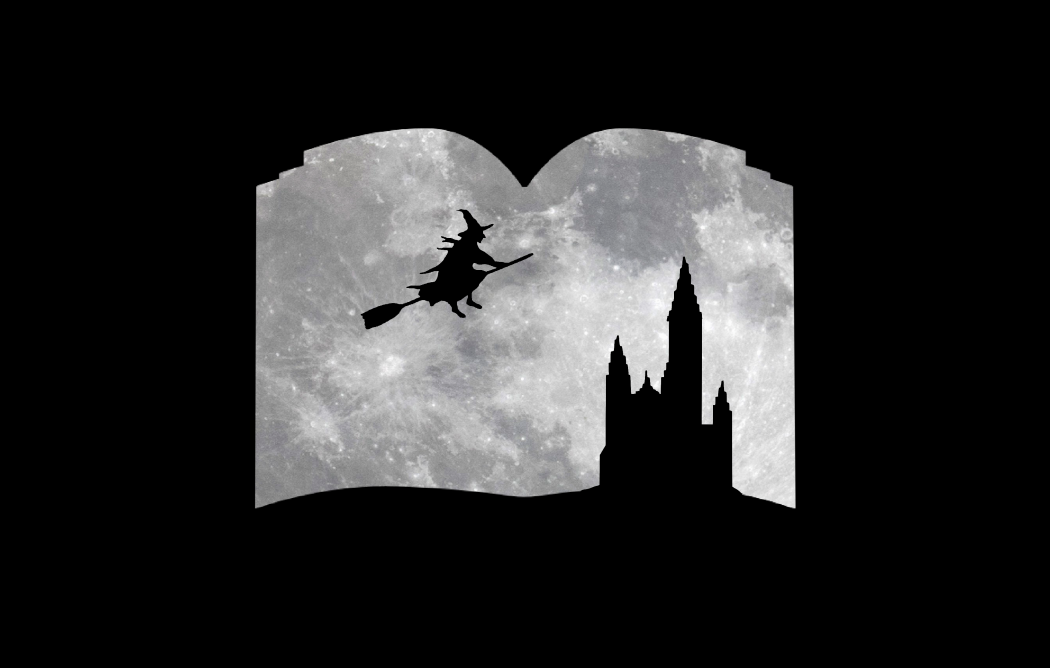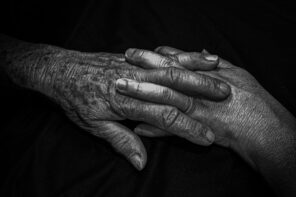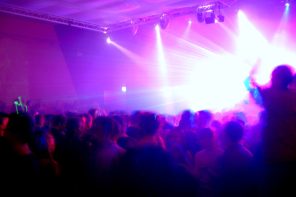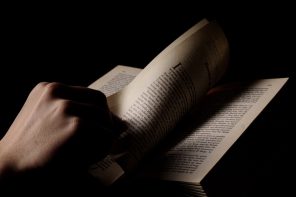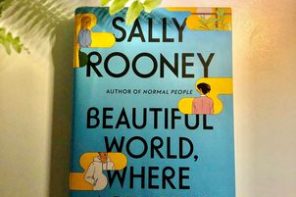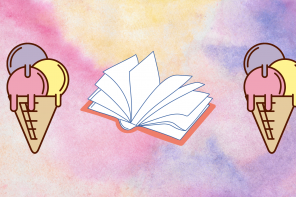“There is a trait in the Jewish character that does provoke animosity, maybe it’s a kind of lack of generosity towards non-Jews. I mean, there’s always a reason why anti-anything crops up anywhere; even a stinker like Hitler didn’t just pick on them for no reason.”
Think about this quote for a moment. Where do you think it came from? A white nationalist on Twitter? A Trump cabinet member who is off his rocker? Think again. This blatantly anti-Semitic comment is attributed to Roald Dahl, beloved author of Matilda and Charlie and The Chocolate Factory, in a 1983 article in the progressive magazine The News Statesman. This was not a one-off act of bigotry either, as Dahl was a self proclaimed anti-Semite who repeatedly complained about the “Jewish controlled media.” Despite the fact that he made no effort to hide his disdain for the Jewish people, his books are still considered a staple of children’s literature and have been the basis for fifteen movie adaptations.
Nonetheless, even though this version may be an improvement from the source material, I still take issue with any of Dahl’s works being adapted into films.
The most recent of these adaptations is Witches, which was released on October 22 and stars Octavia Spencer, Anne Hathaway, and Stanley Tucci. Despite the star-studded cast and spooky premise, I was wary of the film, as the Dahl book on which the movie is based is filled with anti-Semitic stereotypes. A key feature of these villainous witches is their caricaturaily large noses: a common anti-Semitic trope that stems back to Nazi propaganda. The witches are also described as being power-hungry and incredibly rich. This is a stereotype that dates back to medieval times in which Jews were hired by Christians as usurers so they could be used as scapegoats when people complained about their financial problems. To make an already incredibly offensive book even worse, the novel The Witches ends with the main characters turning the witches into rats and killing them. This is reminiscent of the 1940 Nazi propaganda film “The Eternal Jew” in which Jews are compared to rats using the ideology that “killing [the Jews] is not a crime, but a necessity—just as killing rats is a necessity to preserve health and cleanliness.”
While the 1990 adaptation of The Witches reflected the source material closely, the witches in the 2020 remake do not have the hooked noses that made the book and original movie so overtly anti-Semitic. Nonetheless, even though this version may be an improvement from the source material, I still take issue with any of Dahl’s works being adapted into films.
If we stopped reading every classic that has problematic elements, the literary canon would be very small…
As a child, I thoroughly enjoyed many of these adaptations. I loved the 1971 Charlie and The Chocolate Factory, and I thought that Mara Wilson did a fantastic job in Matilda. To this day, I love how Dahl’s books feature disadvantaged characters who manage to find the wonder in the bleak world that surrounds them and make the best of their situation. Nostalgia can only take you so far though, and his whimsical writing does not erase the blatant anti-Semitism and racism in his novels. While supporting these adaptations isn’t necessarily supporting him as he expressed displeasure with many of these movie adaptations, these movies will always be rooted in bigotry.
Roald Dahl is not the only beloved author whose work contains anti-Semitic rhetoric. There is an inevitability when reading classics that one will come across homophobic, sexist, or bigoted remarks. If we stopped reading every classic that has problematic elements, the literary canon would be very small, and I think we can appreciate these works while still criticizing their outdated views. Too often, though, when people talk about these types of books, their bigotry is brushed aside and not given adequate weight. Marginalized groups are already underrepresented in literature, and ignoring these racist caricatures, whether overt or more insidious, just further invalidates their struggles.
In 2019, hate crimes against Jewish people went up by 19%. Within the past month, a Jewish cemetery in Michigan was vandalized with MAGA graffiti, and there was a shooting near a synagogue in Vienna. Jews face a unique sense of vulnerability in North America and Europe, and continuing to read, instruct, and adapt works that enshrine anti-Semitism adds to that vulnerability.
When I was in CEGEP, I took a three-part course that spanned from medieval times to the present, and it taught us about various artists, writers, and musicians throughout history. Almost every time I learnt about an intriguing historical figure, my initial admiration turned to disgust as I discovered that these beloved artists expressed anti-Semitic beliefs. This disappointment was especially prominent with authors, whose writing often portrayed Jews as either manipulators of world events or as tragic figures. Sylvia Plath is a beloved twentieth century poet, but she has many poems that liken her suffering to that of the Jews during the Holocaust. While T.S Elliot’s poems inspired the musical Cats, other works of his depicted Jewish people as greedy, money-grubbing businessmen and landlords. In Charles Dickens’ Oliver Twist, the antagonist, Fagin, is referred to as “the Jew” more times than his actual name, and his character is portrayed as a greedy pickpocket who takes advantage of Oliver’s innocence.
It’s impossible to completely erase people like Roald Dahl and Charles Dickens from our literary canon, but it’s important to acknowledge the blatant anti-Semitism in their works and incorporate Jewish authors into your reading list.
A more recent example of this anti-Semitic rhetoric is illustrated through the goblins that run Gringotts Wizarding Bank in the Harry Potter series. These gold-obsessed, hook-nosed creatures who only trust their own kind echo anti-Semitic caricatures and, when looking closely in the first movie, you can see that there are designs that very closely resemble Stars of David on the bank’s floor.
Many of these authors are ones that I have thoroughly enjoyed reading, but it is just as significant to read the works of Jewish authors like Jonathan Safran Foer, Jodi Picoult, and Rachel Lynn Solomon as well. You can enjoy books that contain anti-Semitic stereotypes, but you also must uplift Jewish writers who specifically advance Jewish narratives. It is extremely important to expose oneself to works that go beyond depicting Jewish people as greedy individuals and read books that don’t solely focus on the Holocaust. The Jewish people deserve so much more than that one-dimensional portrayal.
This does not do justice to the complexity of experiences lived by Jewish people. It’s impossible to completely erase people like Roald Dahl and Charles Dickens from our literary canon, but it’s important to acknowledge the blatant anti-Semitism in their works and incorporate Jewish authors into your reading list. The next time you’re reading a convoluted classic for one of your English classes, stop for a second and ask yourself, “Are there any anti-Semitic elements in what I’m reading?” This simple act of reflection can serve as the initial step in your ongoing journey to condemn anti-Semitism and strengthen your support for the Jewish community.

